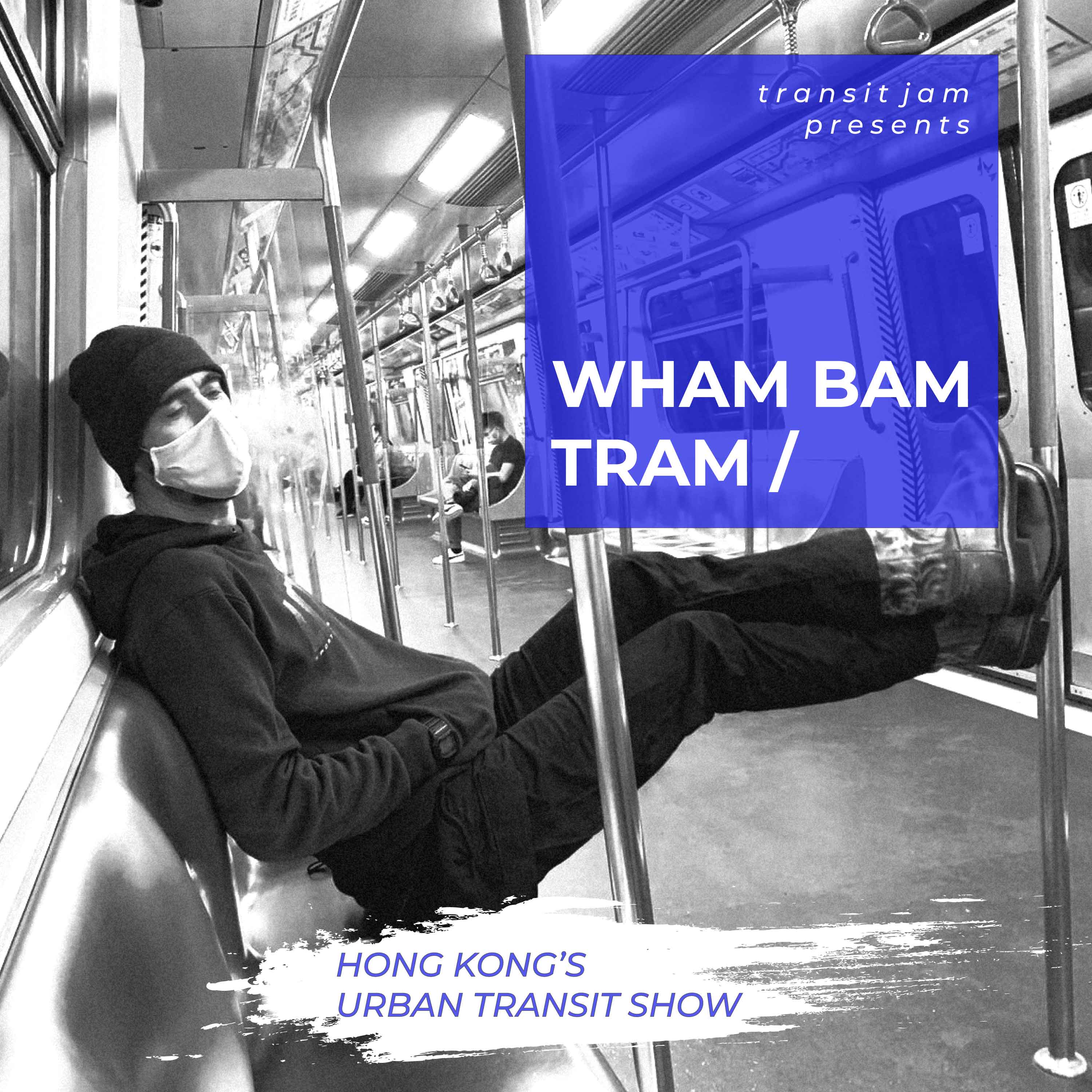The government’s plan to build more parking spaces to solve the illegal parking problem is “wasteful, unfair and slow” says transport planner Paul Barter, recommending Hong Kong bring its on-street parking management up to international standard before talking about any new supply.
On Saturday, Transport and Housing Bureau (THB) blamed Hong Kong’s pandemic of illegal parking on a shortage of parking spaces and claimed it was “imperative” to now build more car parking “to avoid illegal parking”.

Paul Barter is a transport and parking expert who says parking management should be the first step for Hong Kong
But Barter, Adjunct Associate Professor at the LKY School of Public Policy at the National University of Singapore, says the government needs to concentrate on fixing the system first.
“Any effort to simply boost parking supply without having first improved the on-street parking management will be wasteful, unfair and very slow to make any difference compared with the quick and effective option of bringing Hong Kong on-street parking management up to the best international practice,” he says.
“Even if the parking demand in certain areas exceeds the current supply, requiring more parking supply is an extremely slow (and costly) way to address that problem in a mature economy like Hong Kong.”
Barter, who founded the Parking Reform Atlas, says a “much more immediate, fast-working and effective solution” would be to improve existing on-street parking management, including self-enforcing design such as bollards and delivery priorities, and setting a market price for parking. He also says enforcement is best done by dedicated agencies, not the police, using “well-known and effective technologies.”
“I am confident this would very quickly solve the problem in a place like Hong Kong where travel options are rich and reliable,” says Barter. “Only then, if problems persist, additional supply might be considered.”
Vitaly Pentegov, Hong Kong-based entrepreneur and founder of parking app ParkingBnB, also says the problem is not a lack of parking spaces, but that existing resources are mismanaged. As many as 50% of Hong Kong’s parking spaces may be vacant at any one time, he will tell RTHK radio show Wham Bam Tram! in an exclusive interview to air in May, with technology and automatic number-plate recognition offering one solution to the perceived parking shortage.
Last week, THB Secretary Frank Chan Fan told LegCo the government’s strategy to solve traffic congestion was to build more roads, widen existing roads and build more car parking. Transit Jam asked the Secretary how this approach would reduce traffic congestion when such strategies had been proven to increase congestion in other cities around the world.
The government responded that public transport was Hong Kong’s ultimate transport policy. The rail network has grown by 0.6% a year in the last decade, it says, and will reach more than 70% of the population when the Shatin-to-Central Link is completed.

Double-parking is a consistent problem on Queen’s Road Central, with one or two lanes perpetually blocked by parked and idling cars despite sporadic police attempts to enforce the law. But congestion remained a challenge, says a spokesperson.
“The number of private cars had grown by about 38% from 415,000 in 2010 to 573,000 in 2020. Meanwhile, that of car parking spaces for private cars in Hong Kong has not increased at a comparable rate. This forms part of the reasons for illegal on-street parking and improper use of roadside loading/unloading bays from time to time, causing obstruction to other road users and further aggravating traffic congestion. In the light of such situation, it is imperative that the Government continues to provide more car parking spaces in order to avoid illegal parking,” the spokesperson told Transit Jam over the weekend.
The spokesperson claimed the government had stepped up efforts in taking enforcement action against illegal parking offences. Police figures show a 35% increase in parking tickets since 2018, although parking black spots show no obvious improvement.
According to THB, the police do not maintain statistics on the number of illegal parking patrols, the number of illegally parked vehicles found or the number of tickets given at specific locations.
Categories: Law and Enforcement, Policy, Transit







A big problem in places like e.g. Mongkok, Kwun Tong is the illegal occupation, or even quasi permanent extensions (flower market) with handcarts, highway cones etc. of loading zones by adjacent workshops, shops and businesses, forcing legitimate delivery vehicles to double and triple park.
spending space for car parks in such space scare location like hong kong is just hilarious to be honest…